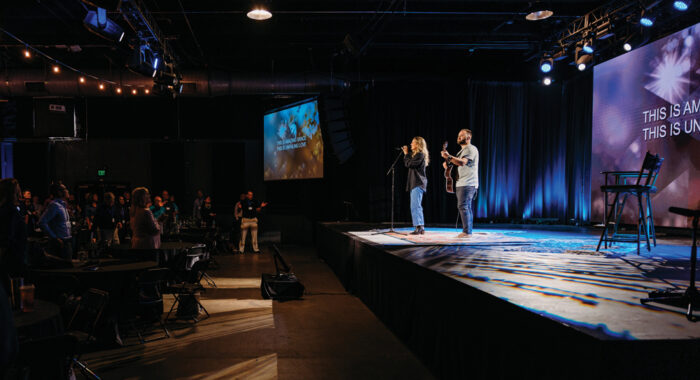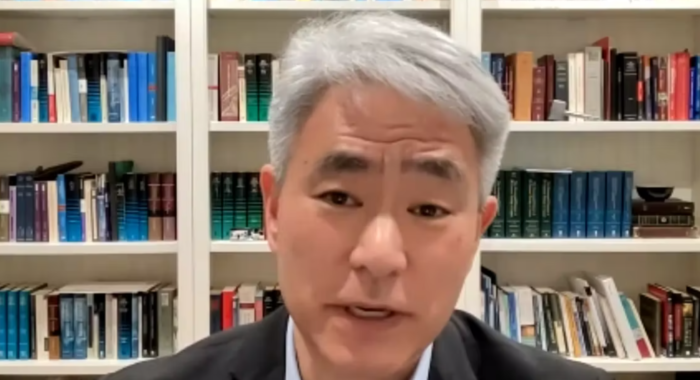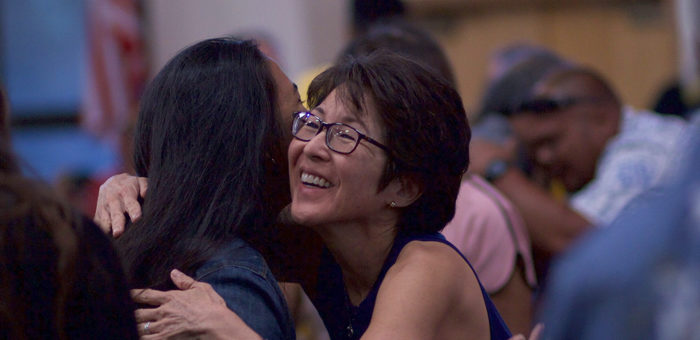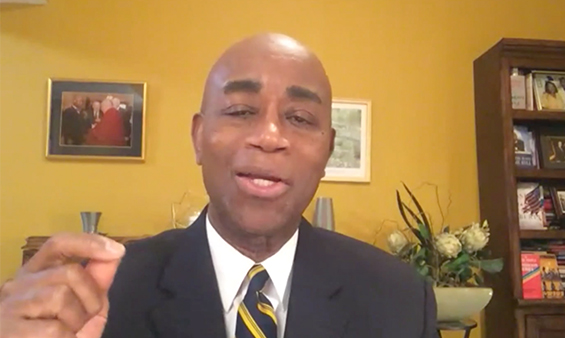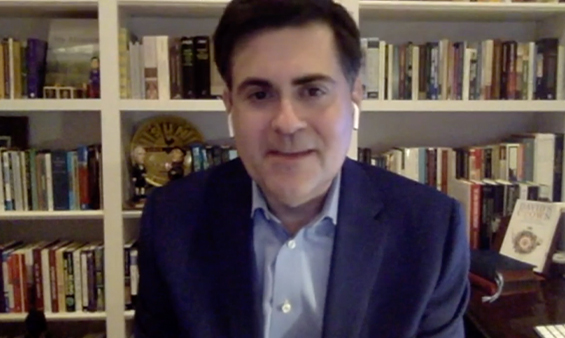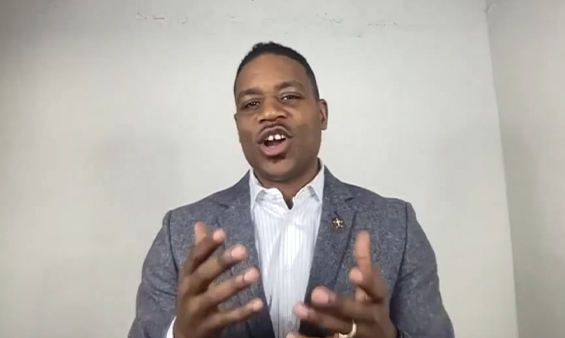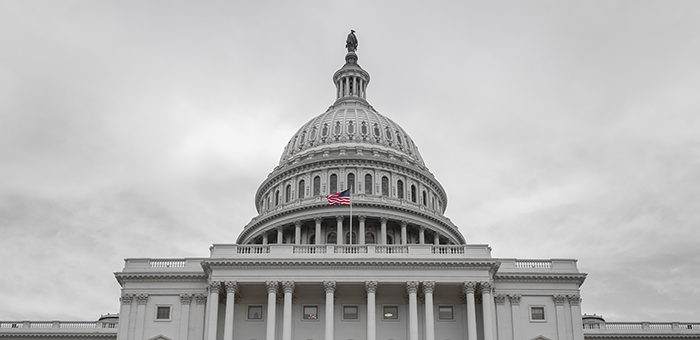
According to the July/August Evangelical Leaders Survey, almost half (48 percent) of evangelical leaders say they have been disinvited, blacklisted or excluded by others as a way of expressing their disapproval for the leader or the leader’s point of view.
“Cancel culture is the practice of excluding any person, organization or work as a way of expressing disapproval. While it is important to be clear about unacceptable behavior and unorthodox positions, this phenomenon makes it difficult to have meaningful, vulnerable and open dialogue about the real challenges that we face,” said Walter Kim, president of the National Association of Evangelicals (NAE).
Some leaders indicated that being cancelled is to be expected in leadership today. One leader said he had been cancelled, and added, “What leader hasn’t?” Still, the reality of cancel culture can make leaders wary of communicating their positions on complex issues for fear of retribution.
Many leaders said that they try to model openness and a desire to facilitate respectful conversations. Ron Hamilton, conference minister at Conservative Congregational Christian Conference, shared, “I have made it a policy to welcome comments and open the door to discussion. People have disagreed with statements that I have made and contacted me to share their concerns.”
For those who indicated they have not been cancelled, many noted that they were not sure if they have been unknowingly rejected or not invited due to their beliefs or engagement. Rich Nathan, founding pastor of Vineyard Columbus, said, “Not to my knowledge! I have no idea whether my views were the reason I was not invited to speak in the first place.”
In addition to being cancelled for their positions, beliefs, gender or race, some noted that “guilt by association” was also a basis for cancellation. Daniel Henderson, president of Strategic Renewal, said, “I served as the primary speaker for an annual event (for about nine years) at a major Christian university. Although my ministry remained consistent — and my views had not changed at all — my relationship with people outside their doctrinal distinctives caused me to be disinvited.”
Kim added, “As a society, we need to find a way to hold individuals and organizations accountable for their actions, but not punish people for holding beliefs that may be different. We need to encourage conversations across differences. Let us open our doors and ask those with differences to pull up a seat to the table. After all, that was the way of Jesus.”
The Evangelical Leaders Survey is a monthly poll of the Board of Directors of the National Association of Evangelicals. They include the CEOs of denominations and representatives of a broad array of evangelical organizations including missions, universities, publishers and churches.



 View All Surveys
View All Surveys 














